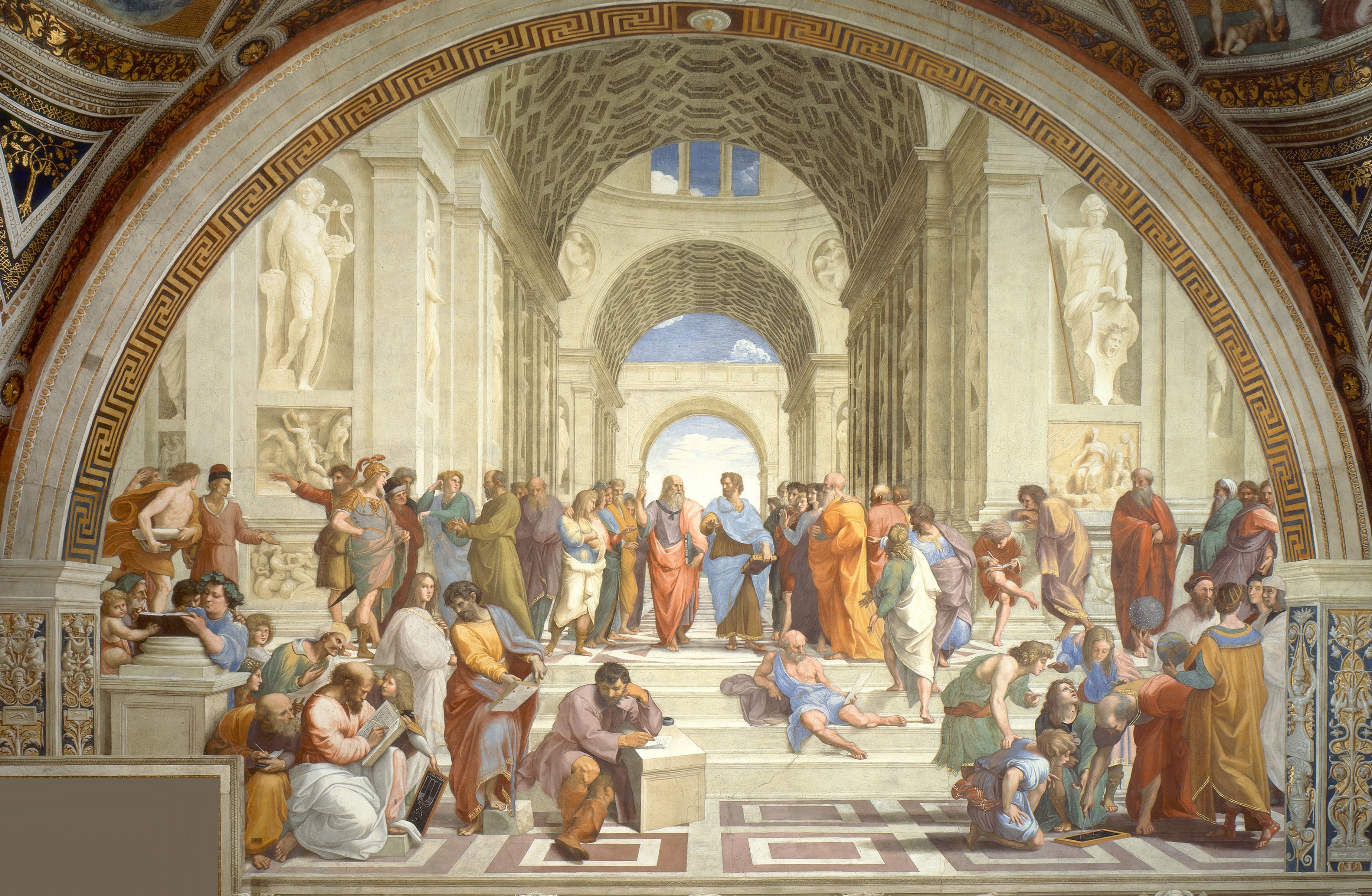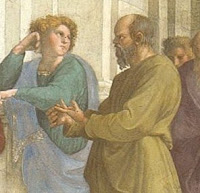
Art is a snapshot of society painted by the hands of geniuses. Unlike a snapshot with the click of a camera, it isn’t just the picture seen generally. Painted art consists of the artist’s feelings implied in the picture itself. Therefore, as the painting grows in life and color, so do the feelings in it. The feelings of the painter, another person who is part of the society. The painter’s feelings are communicated through messages in strokes, details, and emotions lingering in the art. Essentially, the viewer will be able to read these messages, and even though they may or may not be able to connect with the painter’s feelings, it is that one more person’s input on his or her view of society that more people, as they gaze at the painting, can explore and take account of. From the audience’s point of view, they are able to see the scene from another person’s perspective.
Obviously back in the Renaissance, cameras had not been invented yet; therefore the only means of taking a snapshot of a scene would have been through art. Therefore, each scene is painted with such precision and care as to show every detail. Overall, the details combined create the bigger picture, but if examined carefully and closely, the details all have hidden messages in them as well. It doesn’t have to be the drawing itself, but the colors and how the object is represented have effects too. For example, Aristotle and his master Plato are presented to be the focal point of the painting “The School of Athens.” Aristotle’s clothes are blue and brown, the colors of the ocean and Earth, elements that are held down by gravity. This is significant to the representation of Aristotle because his studies were more tangible, as opposed to Plato’s more spiritual studies that were not experimental.
In this artwork, Raphael’s idea was to put all the geniuses who had contributed greatly to knowledge, under one roof. In that case, this painting would be a humanist’s dream. The RenProxy-Connection: keep-alive
Cache-Control: max-age=0
ssance was a time of rebirth of knowledge, where people inquired more about subjects, as opposed to relying only on the Church’s answers. In the Renaissance, people had been able to explore about subjects such as anatomy, science, math, art, and others. But it was through their curiosity and inquiry that people stumbled upon scientific explanations, rather than religious explanations being their only resource. Therefore, with all the geniuses under one roof, this painting represents the Renaissance greatly because these geniuses discovered and contributed greatly to the knowledge that was studied and built upon in the Renaissance. Art mirrors society not only in the big picture seen at first glance, but also by the actions of the people in the painting, and the implied feelings of the painter, a person part of society his or herself. Art mirrors society’s thoughts as well as actions, completing the picture overall.
If I were to be someone in Raphael's painting of the geniuses, I would be Socrates. He was a Greek philosopher, who took on to Plato's studies of the abstract and intangible. His greatest contributions were logic and epistemology, the theory of knowledge. Socrates once said, "All I know is that I know nothing." The more one knows, the more that person doesn't know. As people gain more knowledge, the less knowledge they have. An answer leads to another question, and therefore as you learn more and more, you start to question things more and more, therefore you have less answers to your questions. In the end, you are left with gained knowledge that leaves you to lack of knowledge. Apart from his theory of knowledge, Socrates was a man of arguments and contradiction. The Socratic Method is a form of debate, and Socratic paradoxes contradict with themselves. An example of a Socratic paradox would be his famous quote, "I know I am intelligent because I know that I know nothing." In this sentence, Socrates contradicts the idea of knowing anything with the idea of knowing nothing in the process of learning more and more. So not only was he a man of logic and epistemology, but also of arguments.
Like Socrates, I argue a lot, with valid reasons to support my arguments. This is evident in Humanities itself, in the Socratic seminars we have. I find myself participating a lot during these seminars, arguing or agreeing with others' ideas. When arguing, I have reasons to support my statements, and although others may not agree or understand my statements, I myself have a valid reason to support it. But I can relate most to Socrates because I have a profound side, in which I question knowledge. My cousin once said to me, "The more you know, the more you don't know." And it was then that it hit me. This is a true statement. We will never stop inquiring about subjects as soon as we start to learn about them. I was able to grasp the idea of not knowing anything as we learn more, and from then on, I questioned knowledge. It is best, at times, to not learn anything about a certain subject, as to not question it any longer. Logic is essential to life, as it is applied to almost everything we do. Therefore, I believe that I need to develop my logic, which is why when it comes to logical thinking, I try my best to understand the concepts, just like Socrates. Like Socrates, I understand what I know, and I know that to know everything, is to know nothing.


No comments:
Post a Comment